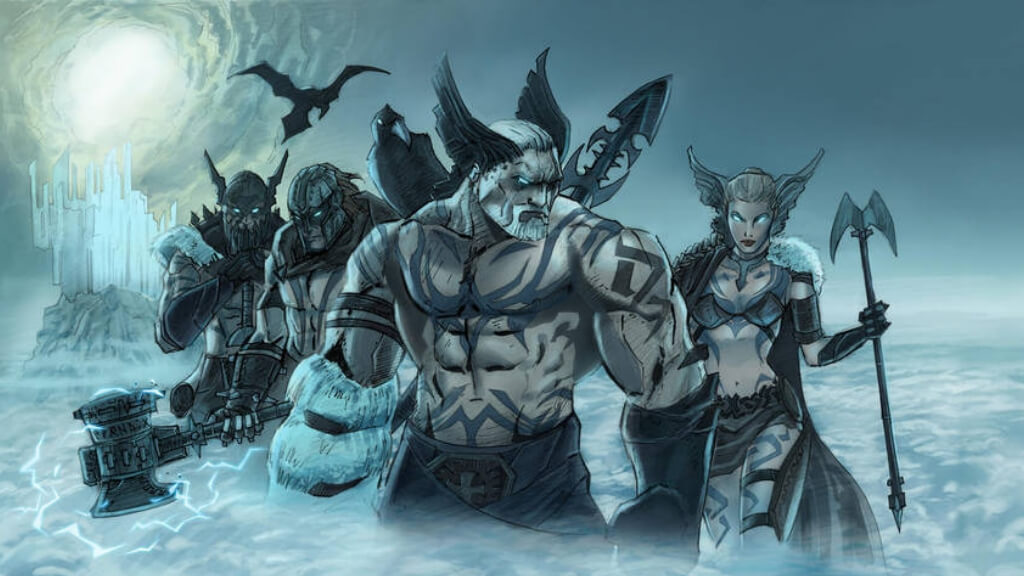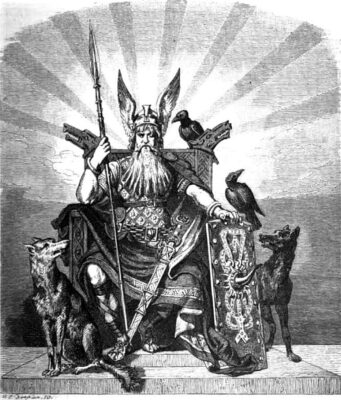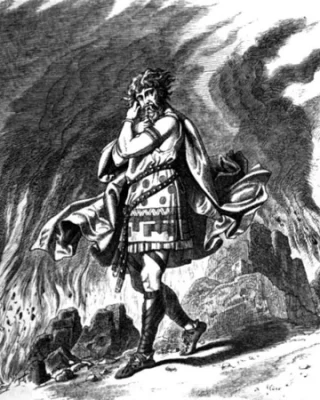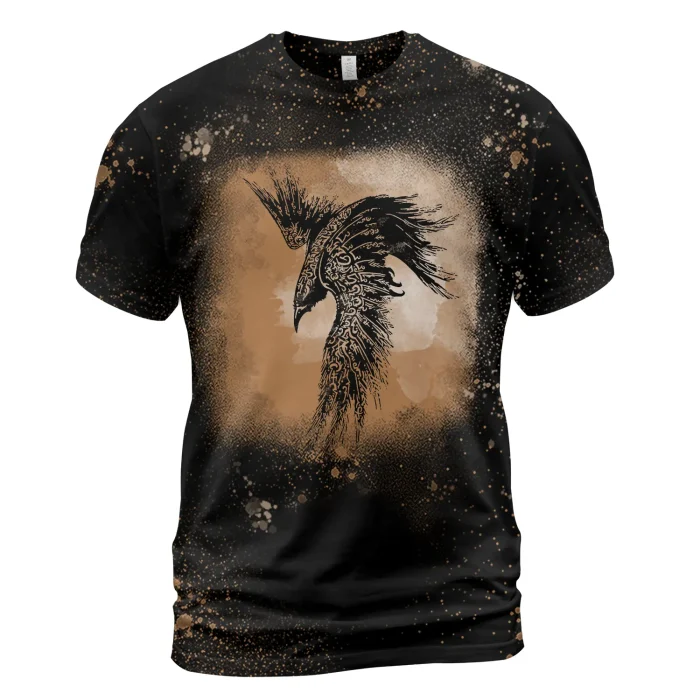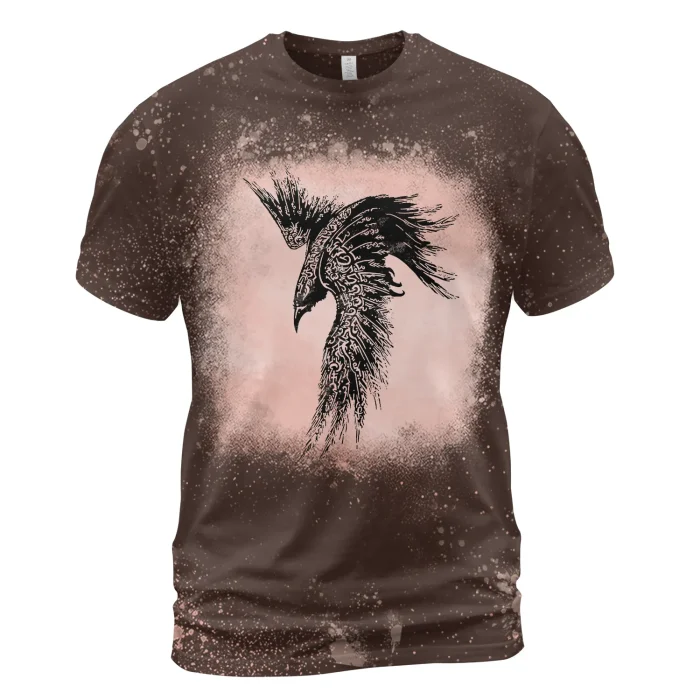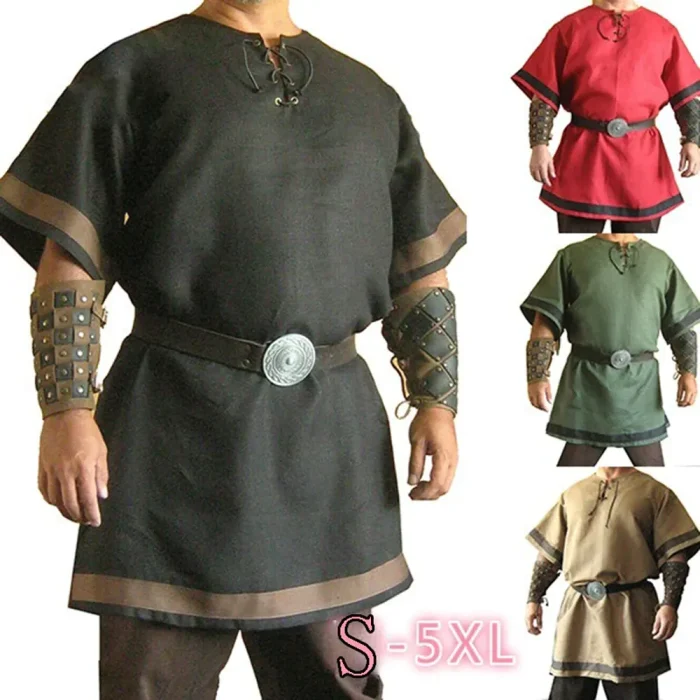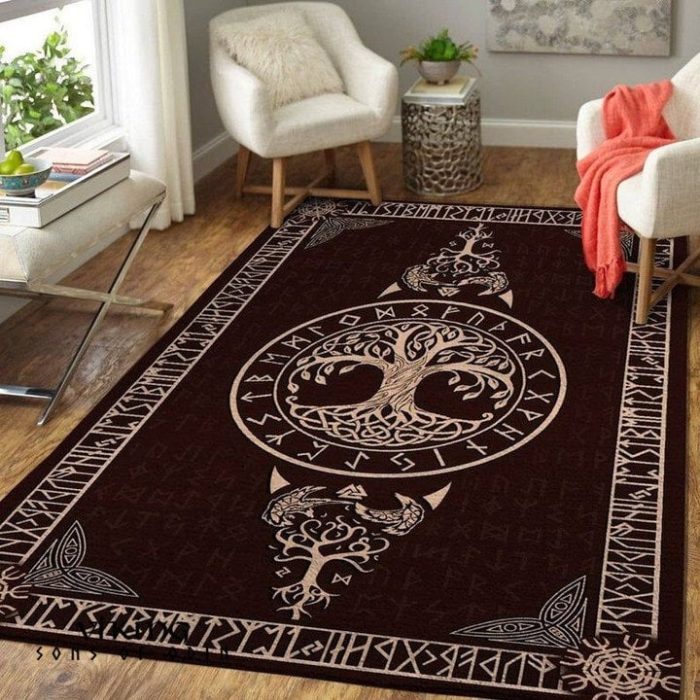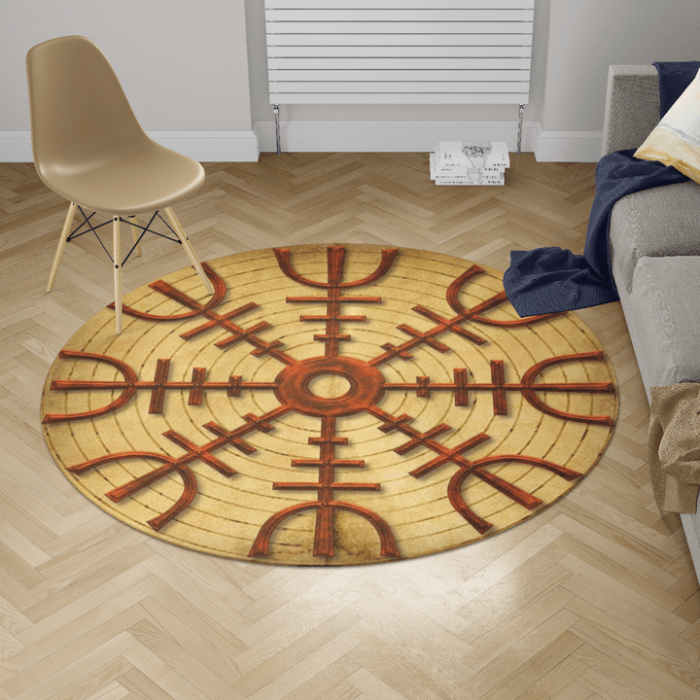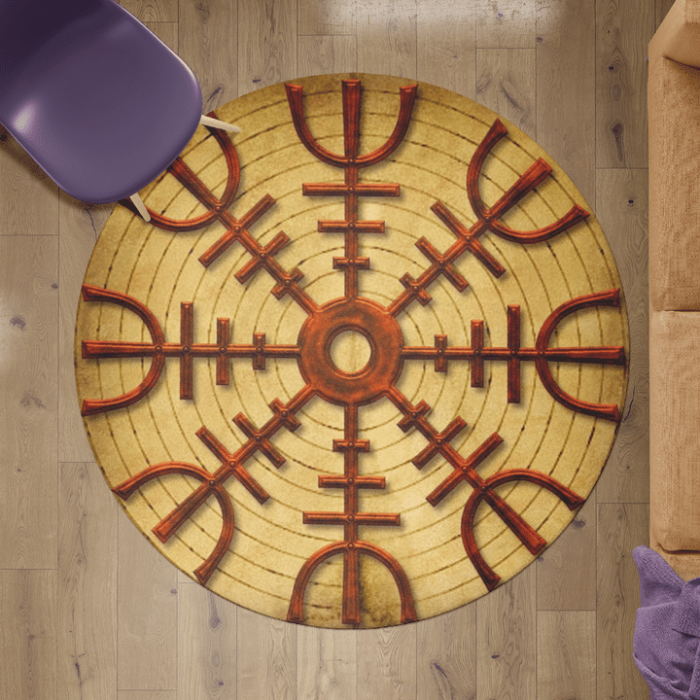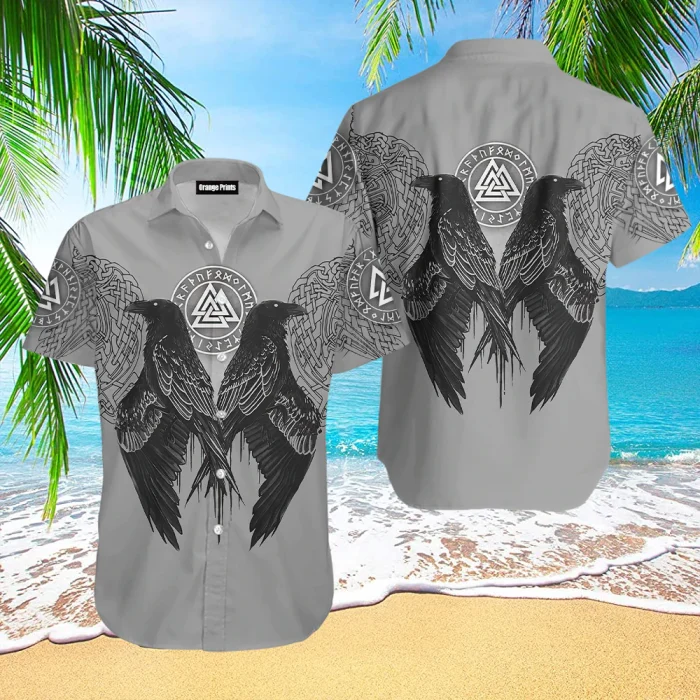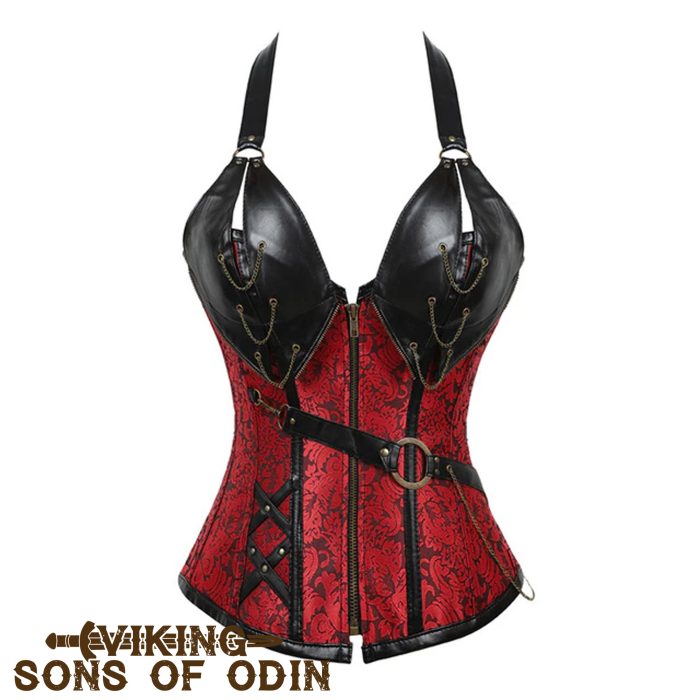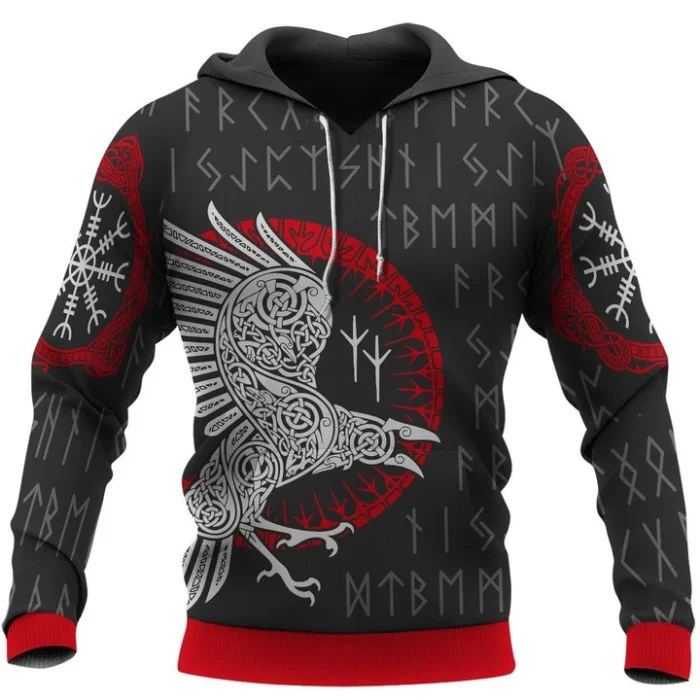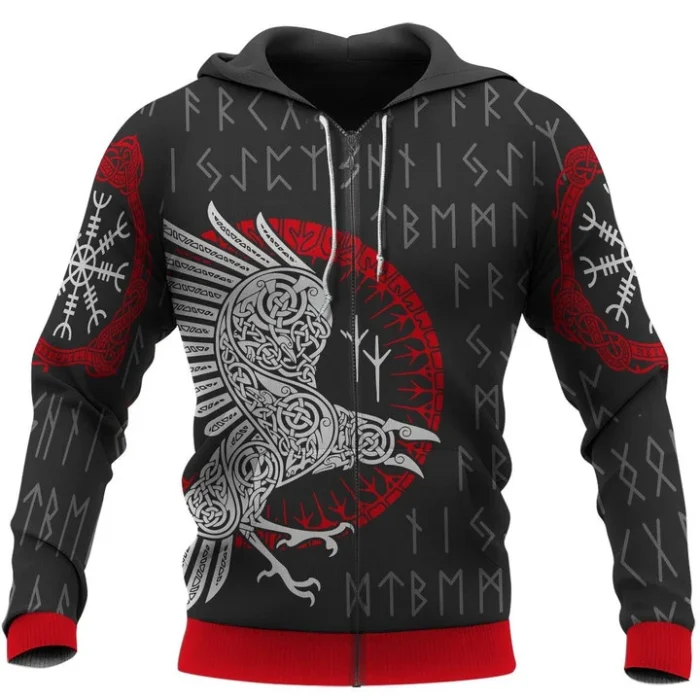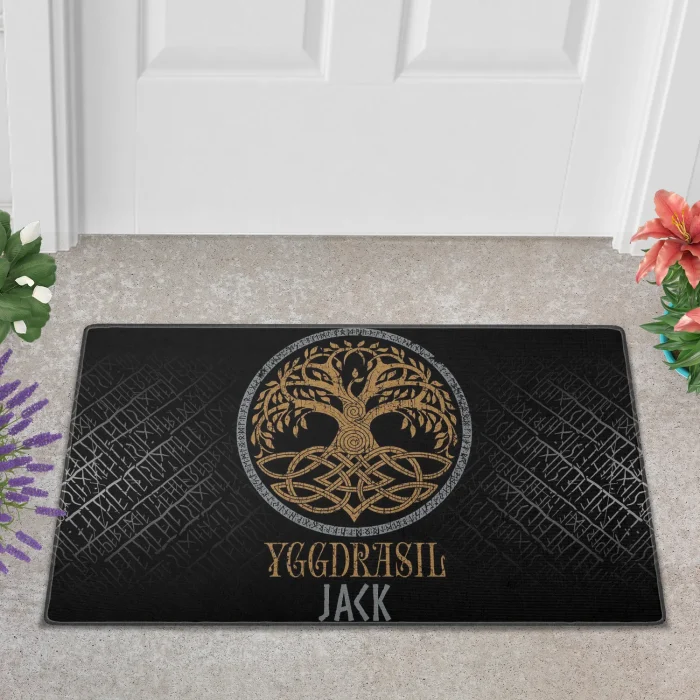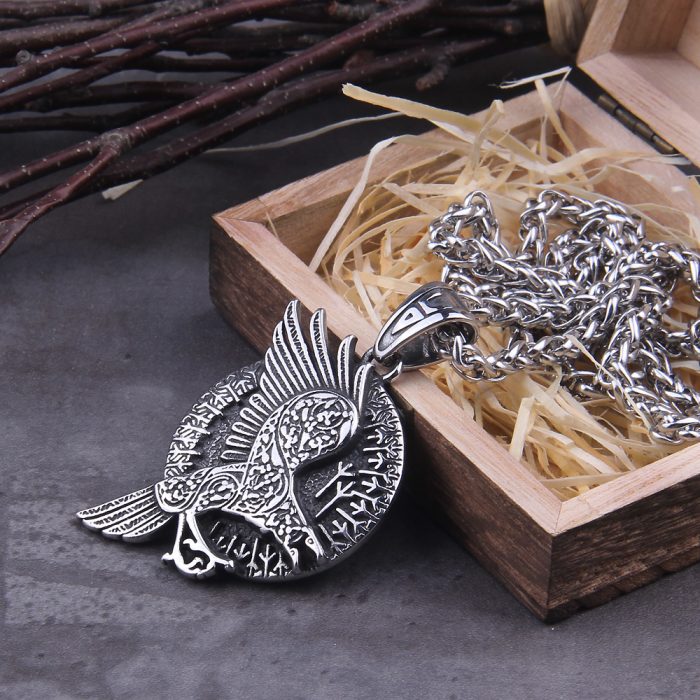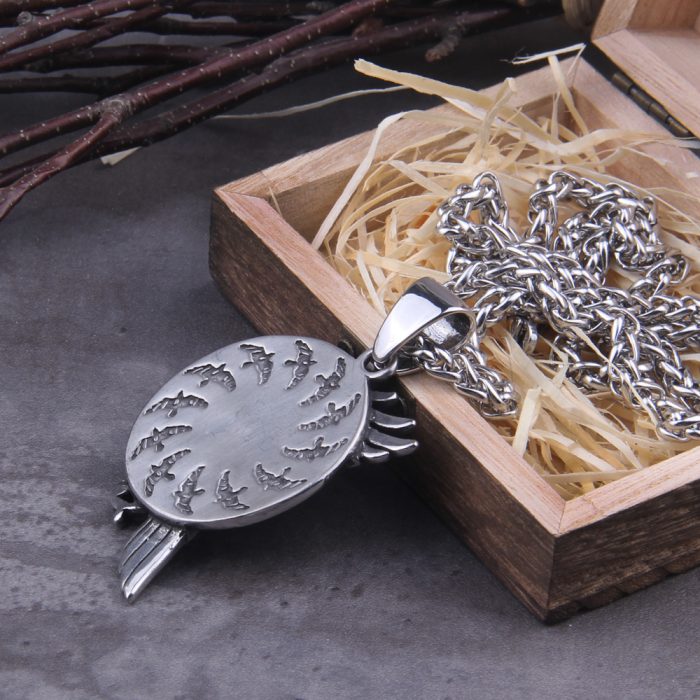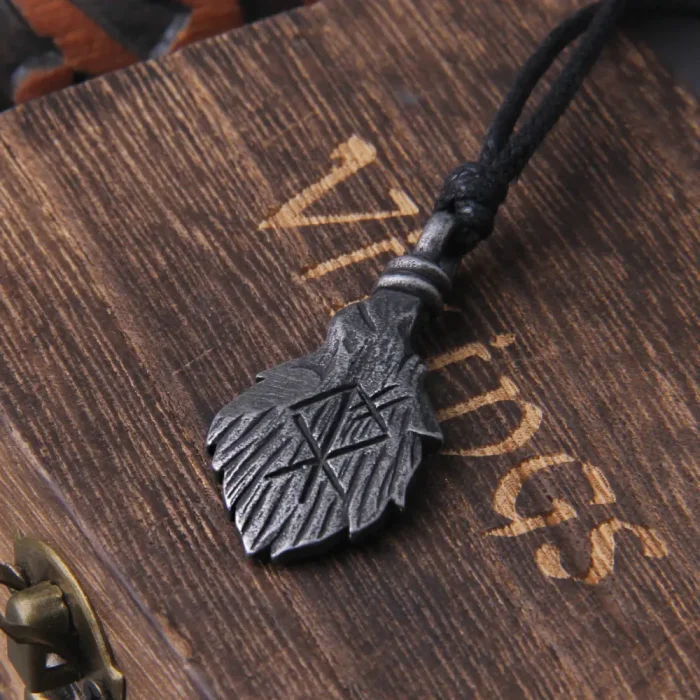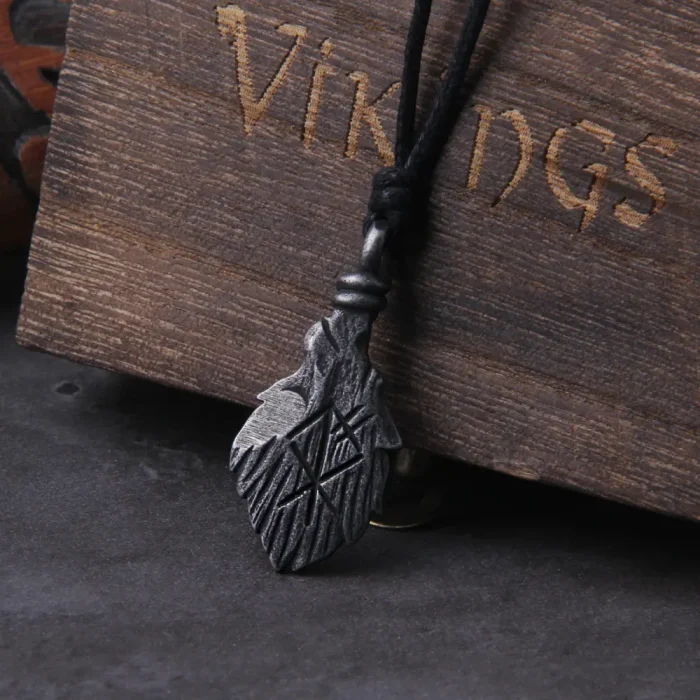Viking
Norse Gods and Goddesses – Norse Mythology Pantheon
The pantheon and mythology of the Norse gods is somewhat similar to the Roman and Greek ones with which the average person is more familiar. There is Creation, Heaven and Hell, and a rich tapestry of gods, goddesses and other magical beings who live, love and fight with each other.
A less common feature of the Norse mythological world is that the chief gods, called the Aesir, are in intermittent interaction and conflict with another group that is less well-known and less powerful. This second group is called the Vanir, and they are less warlike and more inclined towards softer traits like fertility and prosperity.
A third group, the giants called the Jotnar, also feature prominently in the Norse tales, living, loving and fighting the Aesir and Vanir. Besides the Jotnar, elves and dwarves also populate the nine Norse worlds.
This is a quick introduction to the Norse gods and associated beings that feature most prominently in the old Scandinavian stories.
Odin
Odin is regarded as the ‘Allfather’ or father of all the gods. He is depicted as an elderly man, powerfully built but missing an eye. He carries a spear which never misses its mark called Gungnir, which was created by the sons of the dwarf Ivaldi.
However, you would be remiss to consider Odin, who was the Norse god of battle and death, as a purely one-dimensional character driven by power and violence – he was also the god of knowledge and poetry.
In fact, Odin did not lose his eye in battle – he traded it for a drink from the Well of Wisdom.
Odin is also known as Othinn, Wotan and Woden, and the weekday, Wednesday (Woden’s day) is named for him. He is the husband of the goddess Frigg and father of Thor, Baldur, Hodr and Vali.
Thor
Possibly the most widely-recognized of all the Norse gods, especially after the recent series of Hollywood movies featuring the stylized character, Thor is the eldest child of Odin. Contrary to the Hollywood depiction, the original Thor of the Norse sagas has red hair and is thickly bearded.
The Norse peoples knew him as the God of Thunder and believed that the sound of rumbling thunder was actually Thor racing across the heavens in his chariot, wielding his hammer, Mjolnir (Lightning).
Each lightning strike was believed to be the result of the fearsome warrior god flinging Mjolnir through the air. Thor is virtually unstoppable as a warrior in the Norse sagas and they record a long line of his wondrous feats.
The weekday Thursday is named after Thor. His wife is the beautiful blonde-haired goddess, Sif. They have a daughter, Thrud, and two sons, Magni and Modi.
Loki
If Thor’s appearance has been misrepresented for aesthetic purposes, Loki’s entire character and personality has been mangled by Hollywood for box office convenience.
Loki of the original Norse sagas was known as The Trickster. He lived in Asgard with the Aesir but was actually a giant adopted by Odin. Described as physically attractive, he was also extremely clever.
Unlike the screen version, Loki was not acutely evil even though many of his actions had dire consequences. In fact, his brilliance and ingenuity saved the Aesir from misfortunes on many occasions.
However, he was always a flawed individual and Ragnarok, the foretold ‘Twilight of the Gods’ is a direct result of his poor judgement.
Loki’s wife is the beautiful Sigyn, who is the embodiment of loyalty. With her and various other partners, his children are Nari, Slepinir (Odin’s eight-legged steed), Hel, who rules the Underworld, the giant wolf, Fenrir, and the Midgard (world) serpent, Jörmungandr.
Frigg
Frigg is the wife of Odin, and rules by his side as the queen of the Norse gods. She presides over earthly matters connected with females like marriage, motherhood and fertility. Her blessings were sought for a successful conception and pregnancy, and a safe labor and delivery.
The Norsemen believed that Frigg is privy to the fate of every god and man but never reveals that knowledge until events have transpired.
One of her sons was the beautiful and noble God of Light, Baldur; she had premonitions of his death but was unable to prevent it and circumvent the series of cataclysmic events that lead to the destruction of all worlds, Ragnarok.
The weekday of Friday is named after goddess Frigg.
Baldur
There was no god who was more beautiful, noble, just and as well regarded by gods and men as Baldur, son of Odin and Frigg.
He was the god of joy, light, purity, beauty and innocence, connected to every positive aspect of existence. Baldur’s wisdom, fairness and amiable eloquence was sought by all.
It is unfortunate, then, that he is best known not for his many good qualities but for the manner of his death.
Frigg had sought and received assurances from every object in the world to not hurt her son save for the mistletoe, which she considered harmless. A disguised Loki obtained this information from Frigg and tricked Baldur’s blind brother, Hodr, into throwing a fig missile at him. It pierced Baldur’s heart and killed him.
This devastating event plunged all of Asgard into misery and put the wheels in motion that will lead to Ragnarok, the ‘Twilight of the Gods’ which will destroy all the nine worlds of existence.
Tyr
Odin was not always the god of war of the Germanic tribes; he was preceded by Tyr. Tyr is depicted as a warrior with only one hand and that hand grasps a spear. He was also Odin’s predecessor as the god of justice.
The story goes that Fenrir, the giant wolf sired by Loki, began to cause great alarm among the gods when they saw its ferocity and size. Fenrir allowed the gods to attempt to bind it as sport twice and successfully escaped each time.
When they asked to try a third time, Fenrir suspected something was amiss and said he would only allow them another opportunity if one of the gods placed his hand in its mouth as security.
Tyr volunteered and subsequently lost his hand when the wolf saw that the gods did not intend to release him.
The name ‘Tyr’ became synonymous with ‘god’ in later Norse tales. Tyr was also known as T’waz, Tiu and Ziu.
Block "odin" not found
Freya
The goddess Freya was the Norse equivalent of the Greek Aphrodite and the Roman Venus – hers was the realm of love, sensuality and fertility. Her domains also overlapped with Frigg’s in matters of fertility and childbirth.
There is some confusion whether Freya and Frigg were separate entities or the same one known by different names. Like Frigg, Freya is actually a Vanir who comes to live with the Aesir as a hostage or a peace offering at the culmination of a war between the two clans of divine beings.
In a symbol of equality we perhaps might not expect from an ancient culture, Freya and Odin shared the souls of slain warriors. Moreover, Freya always had first choice.
One of the animals associated with Freya is the mare. Associated as it was by the Norse with nighttime and the supernatural, ‘riding the mare at night’ became ‘having a nightmare’, a term that continues to be used today.
Heimdall
There is only one entrance to Asgard, the home of the gods, and a rainbow bridge called Bifrost leads to it. The god charged with the task of with watching over it for all of existence is Heimdall.
God of light borne of nine mothers, Heimdall is said to be able to see for a hundred miles in every direction, day or night, rain or shine. His acute sense of hearing allows him to listen even to the sound of grass growing and that of wool on a sheep’s back. His teeth are of gold and he bears a horn called Gjallar.
Heimdall is also credited with creating the three races of Man – serfs, peasants and warriors. For all these wondrous attributes and achievements, his greatest feat is the slaying of Loki at the battle to end all battles, Ragnarok.
Hodr
Son of Odin and Frigg and brother to Baldur, Hodr’s story is one of the saddest in all of Norse mythology. While Baldur was radiant and known as the god of light, Hodr was born blind and became the god of darkness. The Sagas mention him only when speak of the tragic death of Baldur at his hands.
Loki deceived the blind god into throwing a dart of mistletoe, the only thing that could harm Baldur, at his brother, thus causing his death. Odin then conceived a son named Vali with the giantess Rind, and Vali grew to adulthood in one day and slew Hodr.
Fortunately, the story of Hodr does not end on this melancholy tone – it is written that after the destruction of all the worlds at Ragnarok, a new one will be born where Hodr and Baldur embrace to rule together.
Angrboda
With a name that translates as ‘She who offers sorrow’ or ‘She who brings grief’, Angrboda is possibly the most aptly named of all the characters in Norse mythology.
She is the wife of Loki and they have three children together – Hel, ruler of the Underworld, the Midgard serpent Jörmungandr and the giant wolf Fenrir.
While her daughter is associated with the death of Men, the serpent and wolf are destined to kill the two main gods, Thor and Odin respectively, at Ragnarok.
Angrboda is a giantess but she is also described variably as a witch and a seer who dwells in the Ironwood Forest.
Idunn
The Norse gods share many traits with Man and one is that they can age. However, they remain ever youthful because of the golden apples given to them by the goddess Idunn.
Idunn is the wife of the god of eloquence and poetry, Bragi, who is the son of Odin. She is one of the eight goddesses who is seated on a throne at Aesir feasts.
Most of the tales surrounding Idunn in the Sagas concern the apples of youth. The most well-known of these is one where Loki (who else?) tricks her into leaving the sanctuary of Asgard whereupon she is seized by a giant disguised as an eagle. Loki is then forced to steal her back from the giant’s home at great risk to himself.
Bragi
The Old Norse word for poetry was ‘bragr’ and the name Bragi derives from it. He is the Norse god of poetry and eloquence, renowned for his wisdom and always depicted with a harp. His parents are Odin and Frigg, and he is married to the goddess Idunn.
Not much is said of Bragi in the Norse sagas that survive but there is clear evidence that Loki and he are not on good terms.
However, Bragi is also shown to be very level-headed; when The Trickster god insults him at a feast and accuses him of cowardice, he simply offers his possessions in return but warns Loki that he would not be so accommodating if they were in less polite settings.
Bragr also seems to be connected with honesty and fraternal bonds as oaths were sworn over a Bragarfull (Cup of Bragi), as were toasts to departed kings.
Sigyn
Sigyn (victorious girlfriend) is the wife of Loki, which most would accept is quite an unenviable role to play. She is not mentioned in the Sagas except in reference to her husband but there is speculation that she might be a pagan goddess who precedes the Norse pantheon.
Her sons are Narfi and Vali. When Loki’s actions cause the death of the god, Baldur, the gods turn Vali into a wolf and he kills Narfi. They then bind Loki in a cave outside Asgard with his son’s entrails and place a venomous snake above his head.
The ever-loyal Sigyn abandons the sanctuary and comfort of Asgard and to hold a vessel above Loki’s head to catch the venom. She is forced to leave her post periodically to empty it and Loki strains at his bonds with pain when the venom fall on his face. The Norse believed that Loki’s thrashing was what caused earthquakes.

